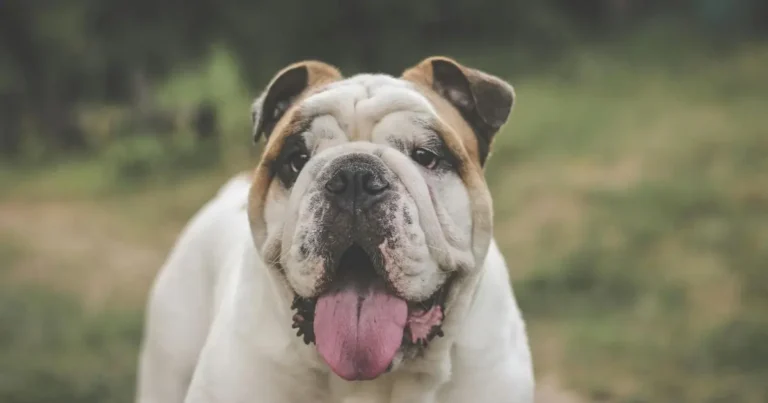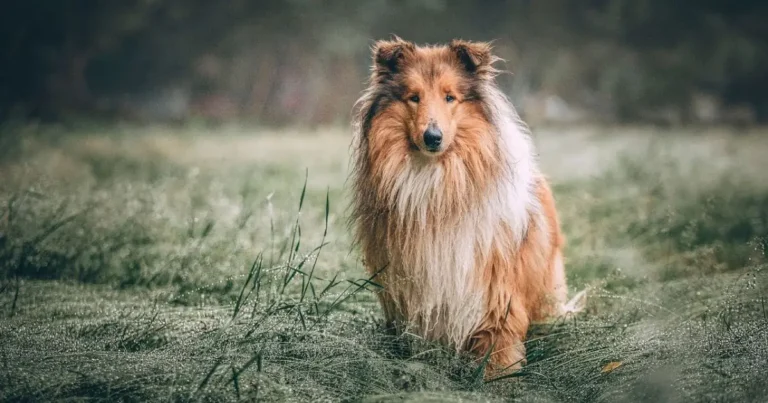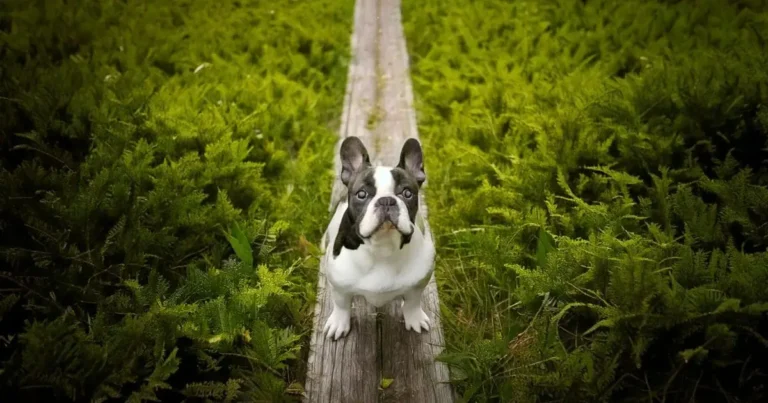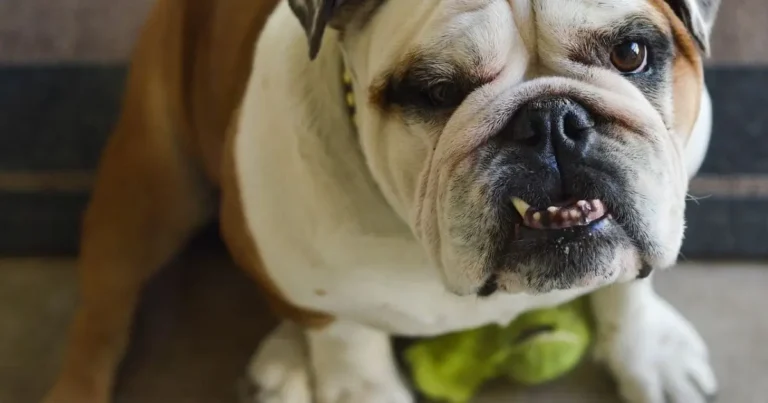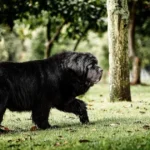Welcome to Loki & Nala Family
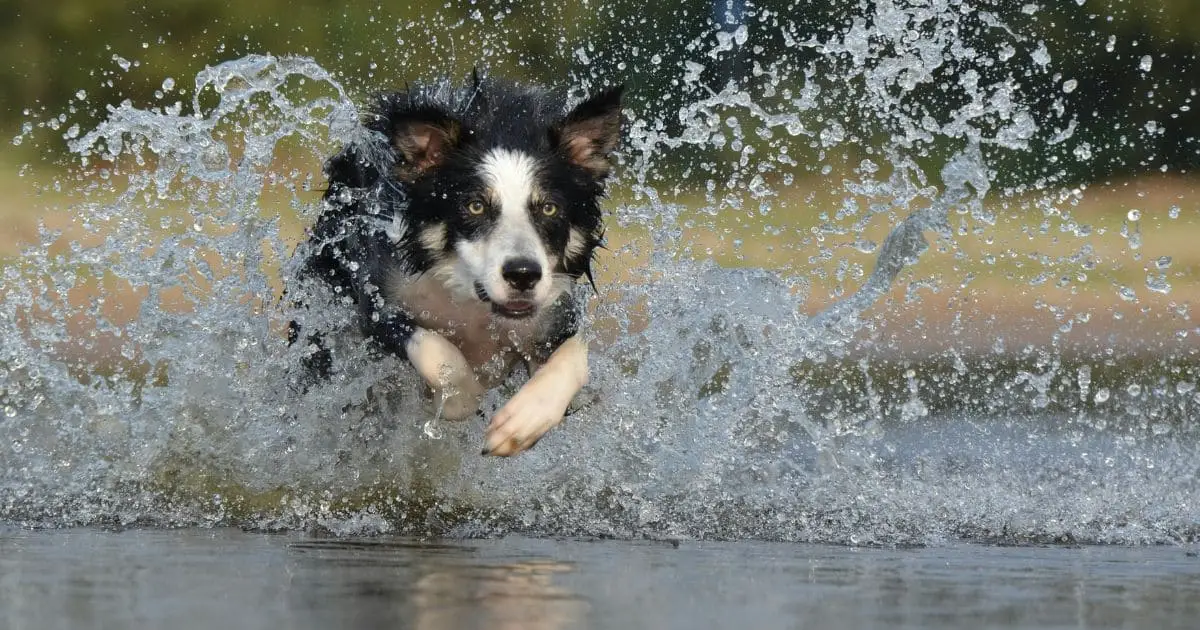
Table of Contents
Farms and homesteads need dogs that work hard and are versatile. They must help with many tasks, like herding animals and protecting against predators. The best farm dogs are smart, loyal, and can adapt to different situations. This guide will show you the top 7 farm dog breeds that are ideal for farms.
Are you in search of a canine companion to manage your livestock or provide security for your herd? The breeds in this article are known for their farm skills and loyalty. From the quick Border Collie to the big Great Pyrenees, these dogs will be beneficial on any farm.
Introduction to Farm Dogs
Farm dogs have always been key to farm life. They help with many tasks on the farm. Their special traits make them perfect for farm work.
The Role of Dogs on the Farm
Farm dogs do many things well. They herd animals, guard the farm, and are excellent friends. Their smarts, ability to learn, and strength make them very helpful. These working dogs work hard every day to help farmers and ranchers.
Characteristics of an Ideal Farm Dog
- Intelligence and trainability to learn and execute commands efficiently
- Physical stamina and endurance to handle the rigors of farm work
- Protective instincts to guard the property and livestock from threats
- Adaptability to thrive in diverse farm environments and weather conditions
- Loyal and affectionate temperament to bond with the family and farm
The best farm dog breeds have these qualities. They do well in their jobs and help the farm succeed.
Farm dogs are essential on farms. They herd, guard, and keep us company. Their versatility and value are clear on the homestead.
Herding Dogs for Farm Work
Herding dogs are perfect for farm work. They use their smart minds and natural herding skills to manage livestock well. Breeds like the Border Collie, Australian Shepherd, and Welsh Corgi are known for their great herding abilities. They are very important for farms.
These dogs have a strong urge to gather and protect animals. They do this by watching closely, moving smartly, and using sounds. Their quickness, endurance, and training make them great at handling cattle, sheep, or goats. This keeps the animals in order.
Herding dogs are not just good at managing animals. They also help with tasks like fixing fences, keeping predators away, and even herding chickens. Their loyalty and desire to please make them key farm helpers.
| Herding Breed | Characteristics | Typical Farm Tasks |
| Border Collie | Highly intelligent, energetic, and responsive to training | Cattle, sheep, and goat herding, fencing, predator deterrence |
| Australian Shepherd | Versatile, energetic, and eager to please | Cattle, sheep, and goat herding, poultry herding, ranch work |
| Welsh Corgi | Intelligent, alert, and energetic with a strong herding instinct | Cattle, sheep, and goat herding, yard patrol, farmhouse guardian |
The bond between herding dogs and farm work is strong. These amazing dogs are key partners in keeping farms running smoothly and efficiently.
Livestock Guardian Dogs
On the farm, livestock guardian dogs are some of the most reliable and hardworking companions. Breeds like the Great Pyrenees, Anatolian Shepherd, and Kuvasz protect farm animals from coyotes, wolves, and bears. Their size, loyalty, and instinct to guard make them invaluable for farmers.
These dogs are known for their exceptional vigilance and bravery. They patrol the farm’s perimeter, barking to warn of intruders. They also stand between the herd and predators, often scaring them off.
Protecting livestock from predators
Livestock guardians have a unique set of traits. They are physically strong and understand their role as protectors. They are territorial and will defend the animals they care for, even risking their own lives.
For farmers, a well-trained livestock guardian dog can be a game changer. These dogs offer unmatched security and peace of mind. They allow farmers to focus on other tasks, knowing their animals are safe.
Retrievers: Versatile Companions
Retrievers, like the Labrador and Golden Retriever, are top picks for farm dogs. They are smart, hardworking, and eager to please. This makes them great for many tasks on the farm.
These dogs are amazing hunters. They can catch ducks, pheasants, and more. Their hunting skills are perfect for farm life.
Retrievers are also good at moving animals around. They can herd cattle or sheep. Their gentle nature and trainability make them perfect for farm work.
But retrievers are more than just workers. They are also loyal and loving. They make great companions for farm families. They are good with children and offer emotional support.
In summary, retrievers are ideal for farm dogs and multipurpose dogs. They help farms succeed and keep everyone happy.
Terriers: Ratters and Varmint Control
Terrier breeds are fearless and determined, making them great for farms. They help control rodents and varmints. Jack Russell and Cairn Terriers are good at hunting pests that harm crops and animals.
Understanding the Terrier’s Temperament
Terriers were bred to hunt vermin and pests. They are fearless and tenacious. This makes them perfect for getting rid of small predators like rats, mice, and gophers.
What makes terriers great farm dogs and varmint control experts? They have:
- High energy and endurance
- Keen sense of smell and prey drive
- Bravery and willingness to pursue prey underground
- Compact size that allows them to access tight spaces
These traits, along with their hard work, make terriers essential for farms. They keep farms free from rodents and varmints that can damage property.
But it’s key to know terriers’ unique nature. They need proper training and socialization. These dogs are active and need lots of exercise and mental challenges to avoid boredom and bad behavior.
Best Farm Dogs
Several breeds are top choices for farm dogs. They excel in herding, guarding, and being loyal companions. These breeds are highly valued on farms.
The Border Collie is a standout. It’s smart and works hard, making it great for herding. The Australian Shepherd is also a top pick for its versatility and herding skills.
The Great Pyrenees and the Anatolian Shepherd are best for guarding. They protect animals from predators, keeping the herd safe.
- Border Collie
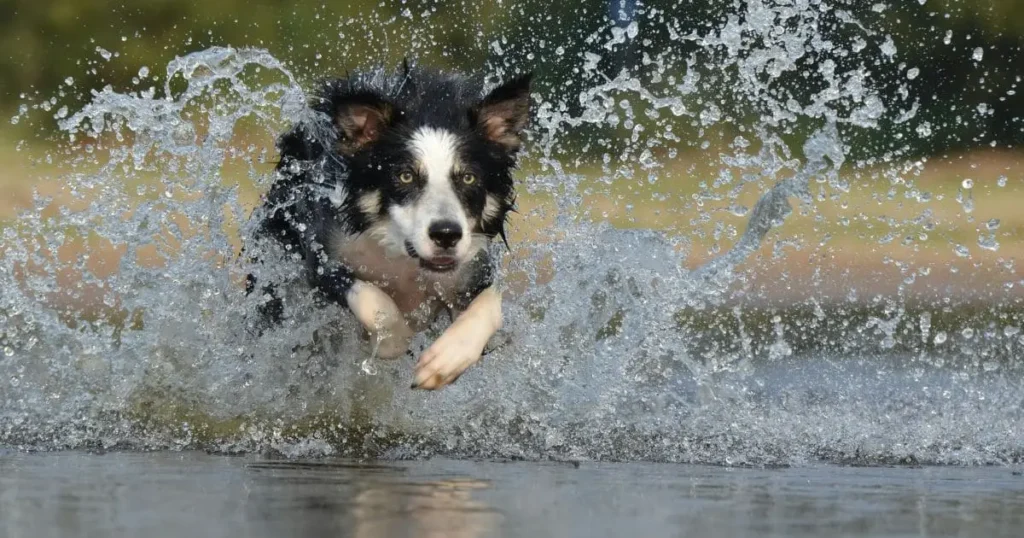
- Australian Shepherd
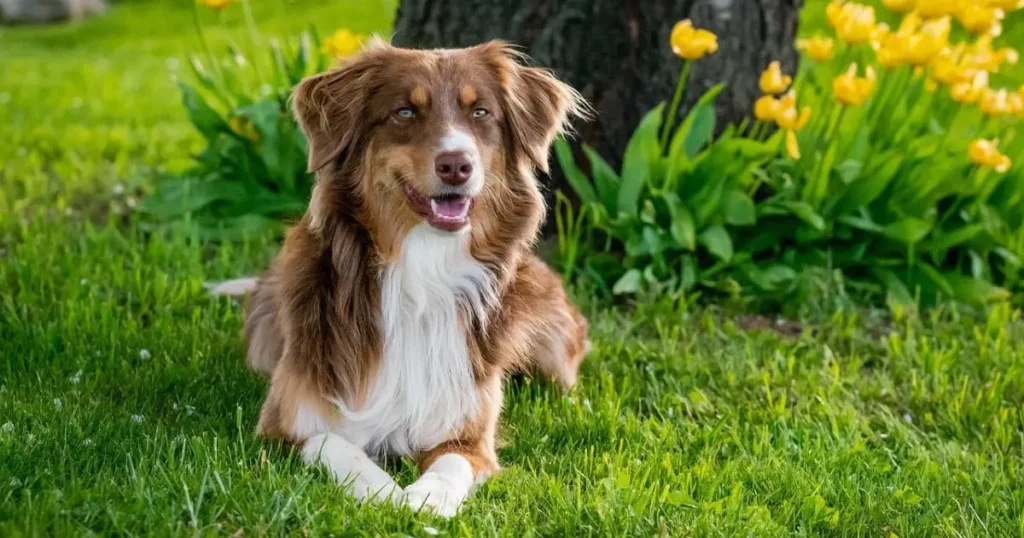
- Great Pyrenees
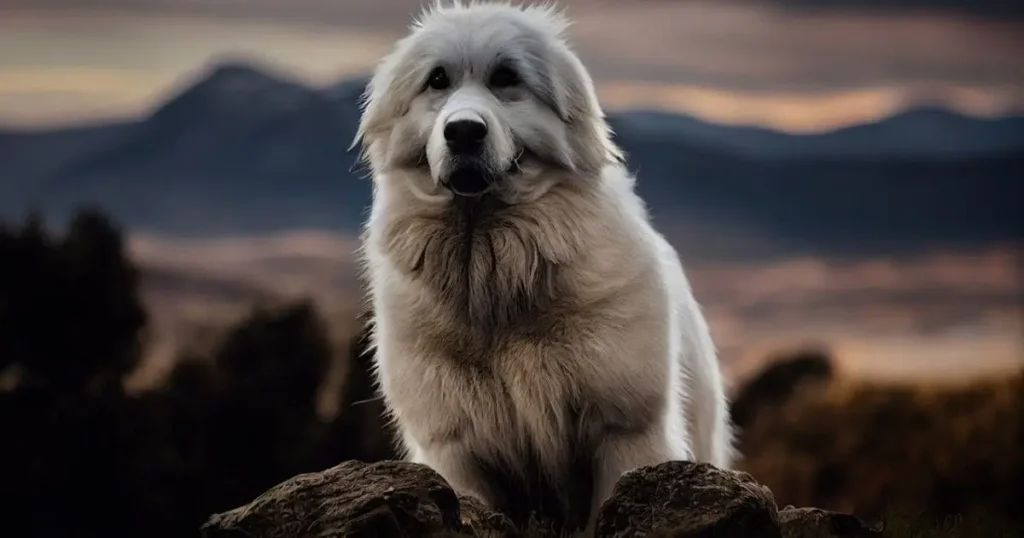
- Anatolian Shepherd
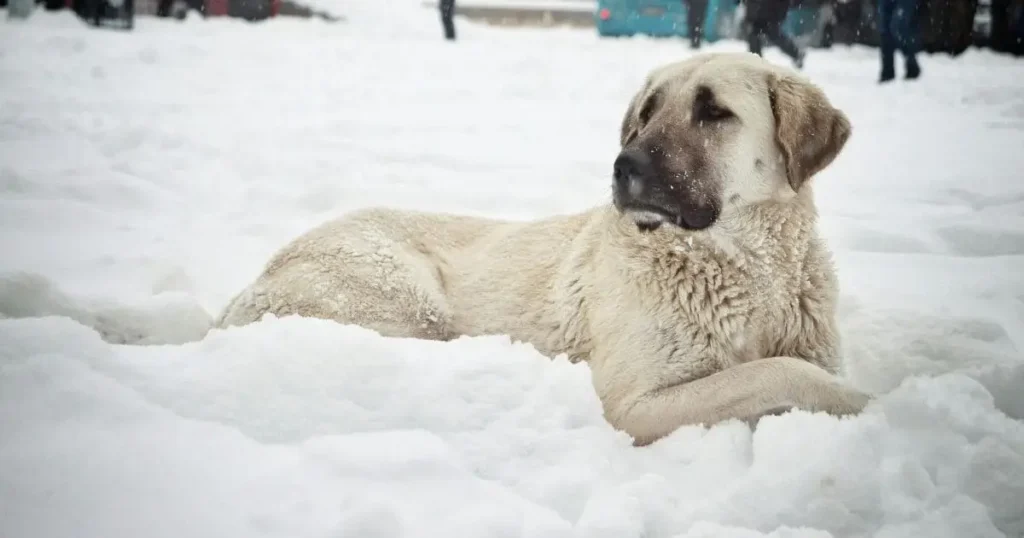
- Labrador Retriever
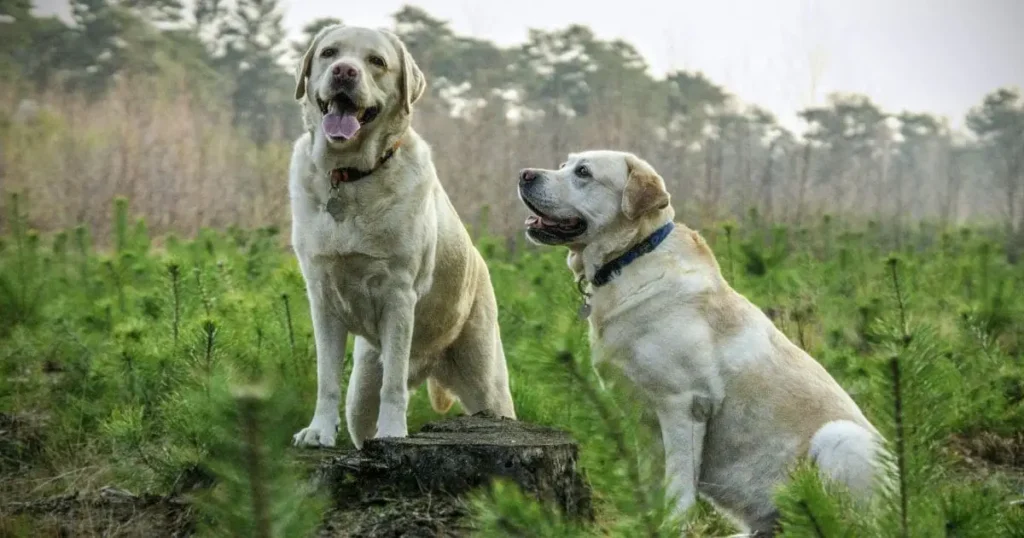
- German Shepherd
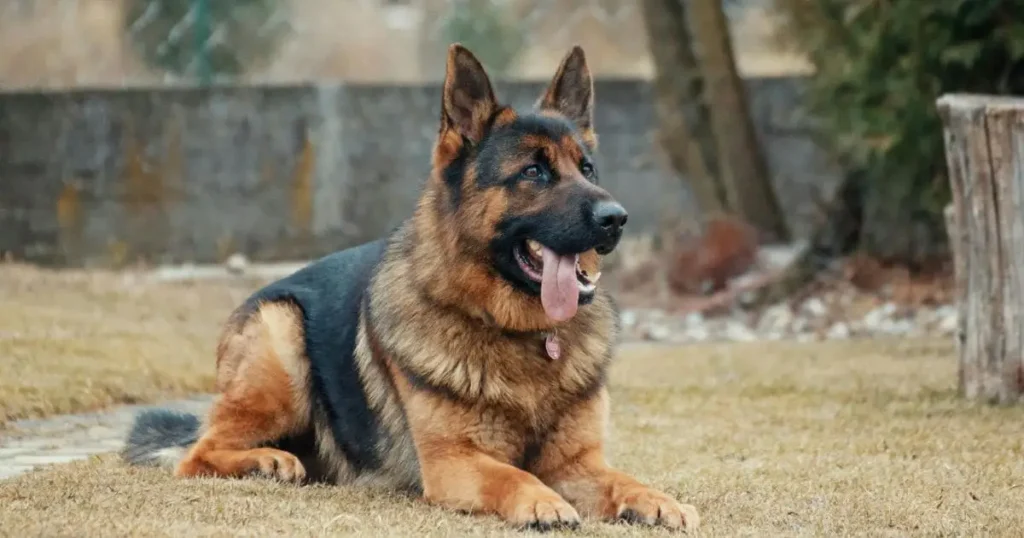
- Jack Russell Terrier
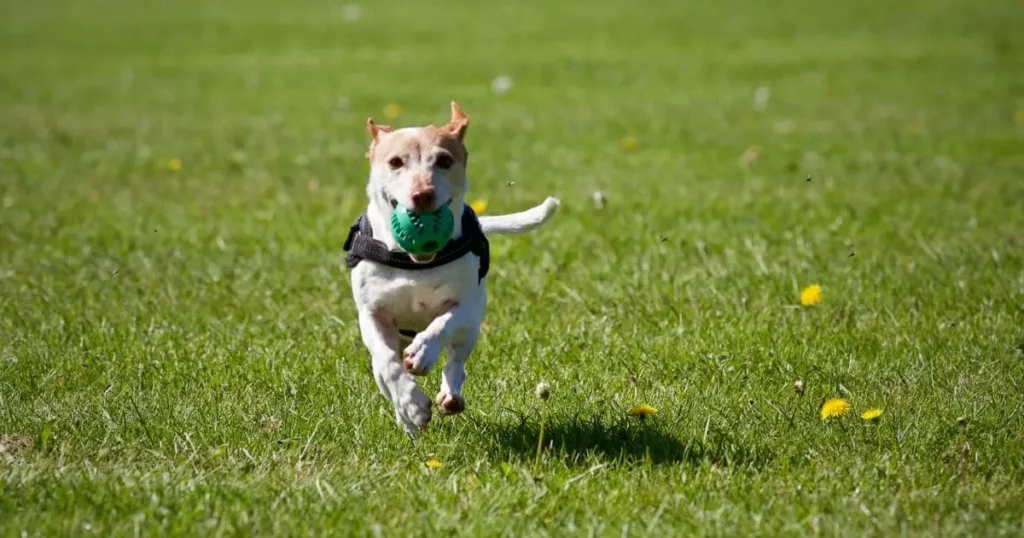
The Labrador Retriever and German Shepherd are great all-around farm dogs. They offer companionship and are versatile. The Jack Russell Terrier is excellent at controlling pests, keeping the farm pest-free.
Choosing the right dog is key for your farm. These breeds have unique skills that help your farm thrive. With the right dog, your farm will have the best help.
Multi-Purpose Farm Dog Breeds
Some dog breeds are incredibly versatile, making them perfect for farm life. These multipurpose farm dogs and versatile farm dogs can handle many tasks. They are truly valuable on the homestead.
Versatility on the Homestead
The Border Collie, Australian Shepherd, and Great Pyrenees are top picks for farms. They are great at herding, guarding, and helping with chores. They also make wonderful companions.
The Border Collie is smart and loves to herd. It can guide sheep, cattle, and more. It also helps with pest control and search-and-rescue. The Australian Shepherd is good at herding and protecting. It keeps the farm and family safe.
The Great Pyrenees is known for guarding. It protects animals from predators and is a loyal friend. It can even help with some farm tasks. These versatile farm dogs fit right into farm life, becoming key members of the family.
| Breed | Herding | Guarding | Companionship | Chores |
| Border Collie | ✓ | ✓ | ✓ | |
| Australian Shepherd | ✓ | ✓ | ✓ | |
| Great Pyrenees | ✓ | ✓ | ✓ |
Training and Socialization
Proper farm dog training and socialization are key for dogs to do well on farms. These steps help dogs learn the skills and attitude needed for farm work. This work can include herding, guarding, or other important tasks.
Obedience training is the base for a well-behaved working dog. Commands like “sit,” “stay,” and “come” are vital for safety and control. Herding training teaches dogs to move and manage animals well, using verbal cues and whistles.
Socialization is also crucial. It involves exposing dogs to different people, animals, and places early on. This helps them become confident and calm, ready for farm life’s daily challenges.
- Obedience training: teach basic commands for control and safety.
- Herding commands: Train dogs to effectively manage livestock.
- Socialization: Expose dogs to diverse sights, sounds, and experiences
By focusing on farm dog training and socialization, owners can raise dogs ready to do their jobs. These dogs will fit right into the farm’s daily routine.
Health and Care Considerations
Keeping farm dogs healthy is key to their long lives and good work. Owners must watch their grooming and exercise needs. This keeps them in great shape.
Grooming and Exercise Needs
Farm dogs have tough coats that need regular brushing and sometimes trimming. This stops mats and keeps them looking good. How often they need grooming depends on their breed. They also need regular baths and nail trims for farm dog care.
These dogs also need lots of exercise to stay active and avoid boredom. Dogs like herding breeds have lots of energy. They need to run, play, and help with farm tasks for their farm dog’s health.
| Grooming Needs | Exercise Requirements |
| Brushing 1-2 times per week Occasional trimming Regular bathing Nail trims every 4-6 weeks | Minimum of 1 hour of daily exercise Opportunities for running, playing, and farm-related tasks Breeds with high energy levels may require more exercise. |
By focusing on farm dog grooming and exercise, farm owners keep their dogs healthy and happy. This lets them do their jobs well.
Selecting the Right Farm Dog
Choosing the right farm dog breed is key for a smooth transition into farm life. Look at the breed’s characteristics, size, energy level, and temperament. Make sure they match your farm’s needs.
When picking a farm dog, focus on breeds that are smart, versatile, and can handle different farm tasks. They should be able to herd animals and protect against predators. The right farm dog breed can greatly help your farm’s efficiency and safety.
To help in your farm dog selection, consider these important factors:
- Breed characteristics: Learn about the traits of different farm dog breeds. Look at their herding instincts, protective nature, and how well they adapt to farm environments.
- Size and energy level: Check the breed’s physical traits and how much energy they need. Make sure they can keep up with farm work without getting too tired or hard to manage.
- Temperament and trainability: Choose breeds that are calm, obedient, and eager to please. These traits make training easier and help the dog fit in well with your farm.
By thinking about these factors, you can find the farm dog that fits perfectly with your farm life. This dog will help your farm succeed and thrive.
Conclusion
The world of farm dogs is full of variety and interest. Many breeds are perfect for different tasks on a farm. From herding dogs that move livestock with ease to guardian dogs that watch over the herd and retrievers that help with work and are great friends.
Knowing what makes the best farm dog breeds helps farmers choose the right one. Whether you need a dog for herding, guarding, or helping with chores, there are many excellent options. Having a hardworking best farm dog is a huge benefit.
When looking for the perfect farm dog breeds, think about what your farm needs. Match the dog’s skills and personality with your farm’s needs. With the right farm dog, your farm will be more productive, safe, and fun. This will help your farm thrive for many years. If you’re exploring different breeds, don’t forget to check out our articles on Golden Mountain Dog: The Ultimate Guide to This Friendly Hybrid Breed and English vs. American Lab: Fascinating Differences You Should Know.


